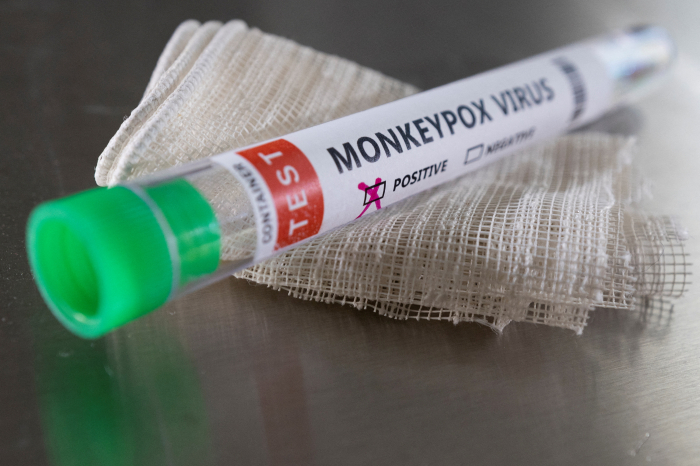As of last Friday, the Centers for Disease Control and Prevention (CDC) had reported 2,891 monkeypox cases since May. By Monday, that number had jumped a staggering 33% to 3,846. That includes at least two cases in children.
Worldwide, Spain has reported the next highest number of cases, at 3,125, followed by Germany, with 2,352 cases.
The WHO views the outbreak as a significant enough threat to global health that a coordinated international response is needed to prevent the virus from spreading further and potentially escalating into a pandemic.
Monkeypox is a rare and rarely fatal disease caused by infection with the monkeypox virus. It typically presents initially as flu-like symptoms (fever, headache, muscle aches) before patients develop a painful rash, lesions, and swollen lymph nodes. The incubation period between exposure and when symptoms first appear is usually seven to 14 days but can be anywhere from five to 21 days, according to the CDC.
Seven weeks ago, on June 6, the CDC raised its monkeypox travel alert to Level 2, which means “practice enhanced precautions.” The guidance includes wearing face masks while traveling as well as avoiding close contact with sick animals and people, especially those with skin lesions.
At that time, the United States had just 30 reported cases compared to 302 in the United Kingdom and 198 in Spain. The majority of confirmed cases in the U.S. had reported international travel and identified “as gay, bisexual or men who have sex with men,” the CDC said in a report released the prior week.
With 681 reported monkeypox cases, Canada is currently no. 7 on the list of countries with the largest outbreaks. The Canadian government has advised citizens to be aware of the risks of contracting monkeypox while out of the country. “During your travel, you may be subject to procedures at your destination put in place to limit the spread of monkeypox, such as isolation, should you become infected. You may have limited access to timely and appropriate health care should you become ill, and may experience delays in returning home,” says Canada’s health department website.
More recently, some U.S. health experts have been sounding the alarm at home. U.S. Health and Human Services Secretary Xavier Becerra told CNN’s Poppy Harlow on Monday that his concern level that monkeypox will spread is a “10 out of 10.”
Also on Monday, the European Commission gave Danish biotech Bavarian Nordic permission to expand the label of its smallpox vaccine, branded as Imvanex in Europe, to include protection against monkeypox. The vaccine is already approved for use against monkeypox in the U.S. and Canada—where it is marketed as Jynneos and Imvamune, respectively.
“From an epidemiological standpoint, you have to note that about 99% of the cases are associated with men who have had sex with men,” Dr. Anthony Fauci, director of the National Institute of Allergy and Infectious Diseases, told MSNBC’s Jonathan Lemire on Tuesday. “So that's the group that appears to be most vulnerable. The transmission is almost certainly through close skin-to-skin contact.”
The government soon will be ramping up monkeypox vaccine distribution with 800,000 doses of vaccine “coming shortly to solve some of the issues that I think have been a concern among the community,” Fauci said. “We’ve got to do better than we’ve done, because it's a serious problem.”
Forbes
More about:
















































